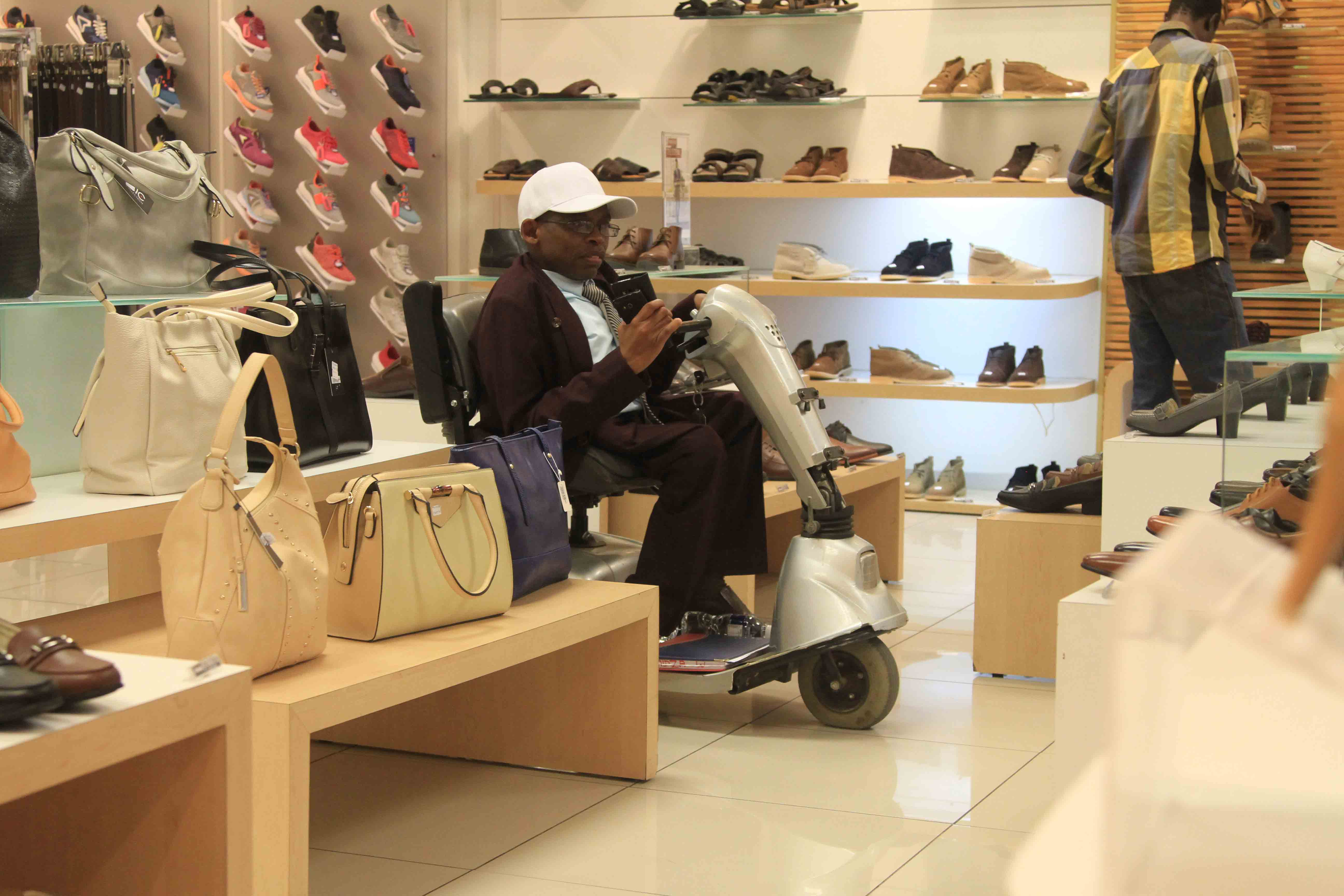Help, I’m broke!
A journey to financial freedom with Nina Tladi
I love Fridays, especially when its payday; double awesomeness as usual I get the money text before everyone else. I am the bearer of good news and the emotions of payday are still as intense, the endorphins pumping through my veins and the shared elation of everyone you meet. Bo Mmaseapei see a decrease in demand as we flock to our favourite restaurants followed by the buzz of happy hour, the horrible traffic, lack of parking at malls and the inability to get a nail appointment. There must be a law against getting paid before the weekend, by Monday, re heditse madi.
So, how’s the Mantshwabisi money hangover going?
There was a US study that found that spending releases endorphins- the “feel” good hormones. It is the same hormones that are released when we exercise, though I am yet to feel anything after a workout other than aches and pains. So the payday high is in fact an actual high, and it’s one big party as we laugh and swipe our cards merrily. Since I started writing this column I have become more aware of these feelings and being an avoider I have resorted to avoiding malls like the plague. When I do have to go to the mall, I park as close to the exact store as I can and do a quick in and out to avoid loitering. My happy place is a card full of cash and a mall, I love buying dresses and books. Avoidance is never the answer and when I was tasked with booking a venue for ladies night this past Friday, I had to think about how I was going to stay sane despite the payday high.
An article in the Huffington Post poses a notion that money is not about finances, it’s about emotions. Women are often labelled as being emotional, I would prefer being called aware of and expressive of our feelings! No one is immune to the emotions associated with money; the emotional rollercoaster of money, elation from having it and the anxiety, guilt, depression and even fear of not having it. It vexes us all. I once had my bank card blocked while in another country, the panic that came over me was surreal. That, coupled with the humiliation of having my card declined had me screaming at the call centre agent to activate my card immediately. I assured the sales lady I did indeed have money, showing her my balance as to not completely lose all of her respect, a total stranger whom I would never see again in my life.
If money is emotional, could it then mean that money can buy happiness? In his TedTalk on the topic, Michael Norton, shares some compelling thoughts on his research on the matter. For his research he gave participants in two groups some money. One group was asked to spend the money on themselves and the other group were asked to spend the money on someone else. At the end of the experiment, the group that spent money on others reported higher levels of happiness than those who just spent the money on themselves. Norton therefore says that pro-social spending can benefit you, your work and of course other people. If you think money can’t buy you happiness then you aren’t spending it right thus he concludes that you can buy happiness.
Bill and Melinda Gates give millions away every year and say that giving away their wealth has been the most satisfying thing they have done. Other wealthy people who have given to charities and other causes include, Warren Buffet, J.K Rowling (author of the Harry Potter books) and soccer bae, Cristiano Ronaldo. In an interview with his wife on his giving endeavour, Mark Zuckerberg says that, “the only way we reach our full human potential is if we are able to give towards unlocking of the gifts of others.” Warren Buffet and Bill Gates started a giving pledge where they encouraged their fellow billionaires to give. The saying no one ever got poor by giving is indeed true as these two men have jointly given over $50 billion and are consistently on the world’s richest list.
As the endorphins make us feel like magic during this week, I encourage you to buy some happiness by giving to those less fortunate. You may not have millions to give like the Gates but it really is not about the amount but the fact that you give. Share some of the “feel good” by seeking out initiatives that help others. Some examples are the collection of sanitary pads for girls who miss school for a week every month because they do not have access to sanitary products. It doesn’t have to be money, it could be your time or skills, tutoring children or weeding at the local crèche.
We all think that a better paying job or winning the lottery will solve all our money woes, but the truth is, it probably won’t and we will probably end up in a deeper financial slump than before this great cash injection. There are numerous stories of lottery winners who lose all their money and end up worse off than before they won the lottery. We have to practise being financially responsible and part of that is learning to give right now. What you don’t practise, you can never become. If you can’t give P100, you won’t be able to give P1 million.
In the pursuit of happiness and success, remember that, “giving is the master key to success, in all applications of human life.” – Bryant McGill
PS: You don’t have to be a hero, you just have to be what most people aren’t, consistent.

